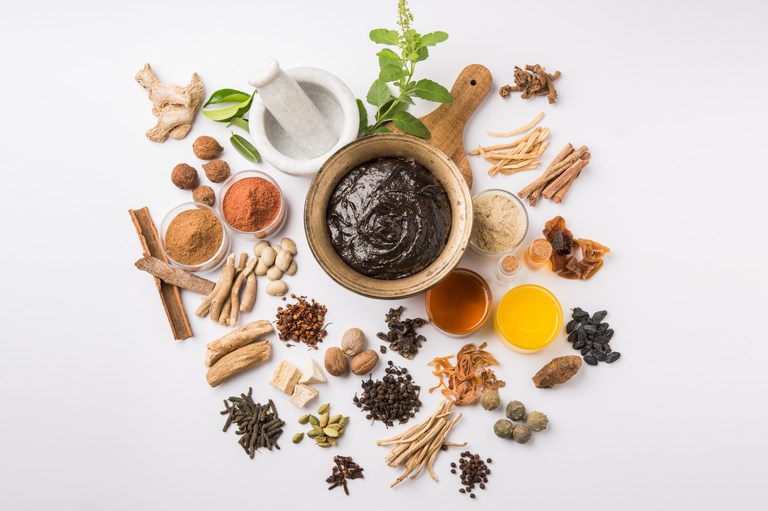 Have you ever heard someone utter the following?
Have you ever heard someone utter the following?
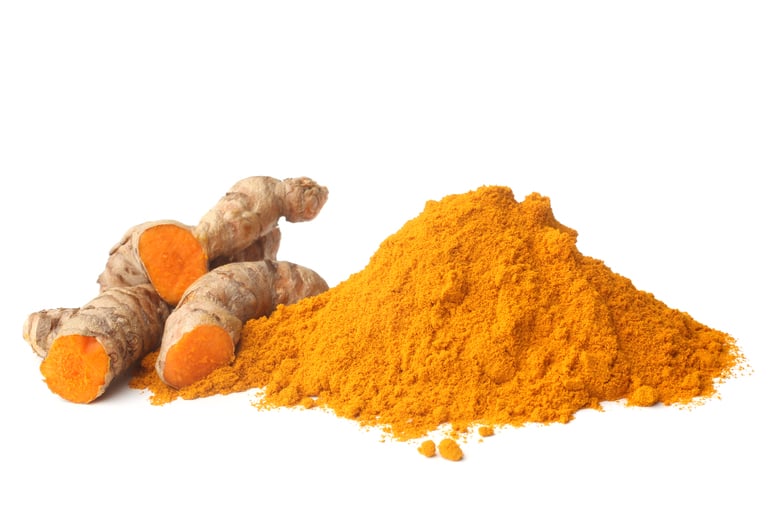
1. Turmeric:
The orange color on the inside of turmeric may look like a carrot, but turmeric root is actually a tuber (like potatoes). Curcumin is the orange-yellow compound responsible for the turmeric root’s vibrant color. Curcumin has been shown to help modulate the activation of many immune system components, such as T cells, B cells, macrophages, natural killer cells, and more (Jagetia et al., 2007).1 It has also been shown to improve antibody responses to foreign contaminants. Turmeric may significantly decrease the amount of time your body spends fighting off pesky pathogens. Turmeric also contains antioxidants that can help protect you from free radicals (Rathaur et al., 2012)!2
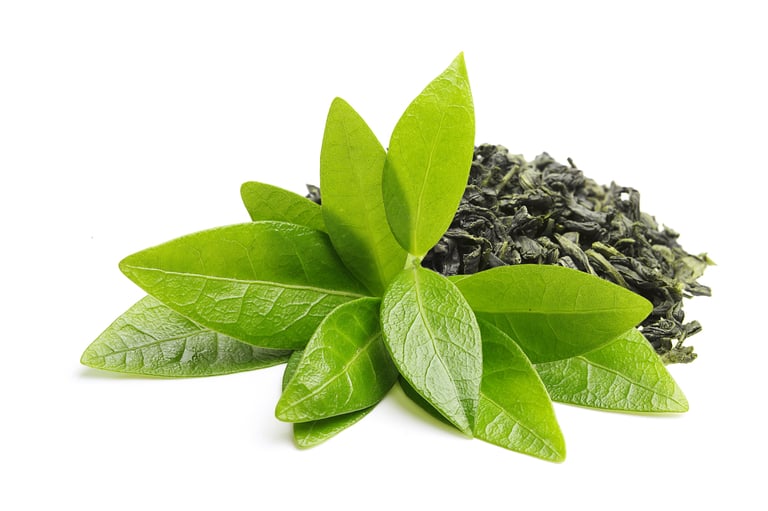
2. Green Tea:
Green tea has been used for hundreds of years as a stand-alone beverage (Liao et al., 2001).3 However, in more recent years, this ingredient has been added to many different food and supplement products. A majority of the positive effects of the green tea leaf can be attributed to its rich stores of potent antioxidants known as polyphenols. Another benefit of green tea is immune system modulation (Haddad et al., 2005).4 Green tea may help the immune system respond efficiently to different health threats in a controlled, balanced manner. Green tea doesn’t just help your innate immune system—which is the first line of defense and includes specific immune cells such as neutrophils, macrophages, and NK cells It also helps your adaptive immune system, which continuously learns as it is exposed to foreign materials and includes T and B cells. Green tea specifically supports and activates T cells, which signal other parts of the immune system to destroy harmful invaders (Pae et al., 2013).5
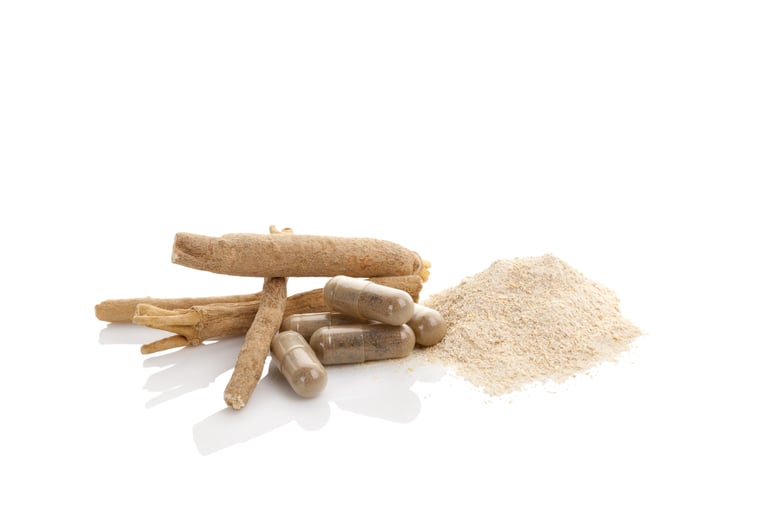
3. Ashwagandha:
This amazing plant is also known as “Indian Ginseng” or “Indian Winter Cherry” because of the little red berries inside paper thin pods growing on its branches (Singh et al., 2011).6 Alkaloids, steroidal lactones, and saponins are a few health-boosting compounds nestled within the roots of this plant. These active constituents help modulate immune response (Ziauddin et al., 1996; Tiwari et al., 2014).7,8
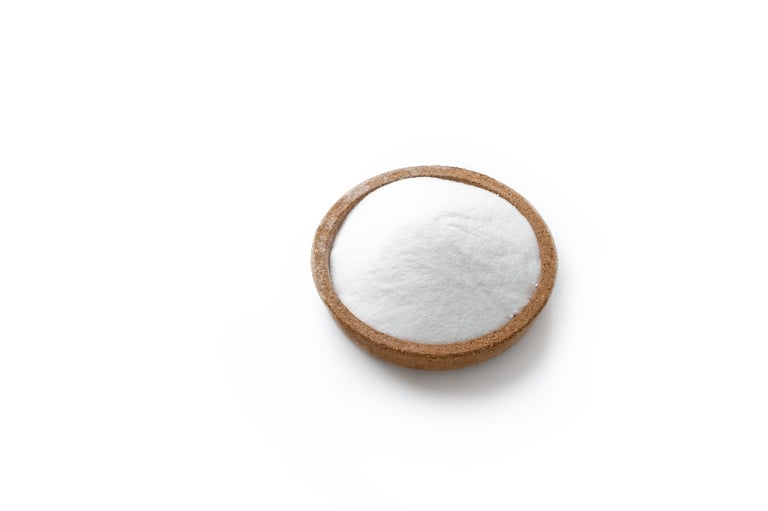
4. Zinc:
Zinc is an essential mineral your body needs to function properly and is an integral part of a healthy diet (U. S. Department of Health and Human Services, 2020).9 Zinc can benefit your immune health in so many ways! It helps with cell development and function, NK cells and macrophages activities (white blood cells that destroy infected and damaged cells), cytokine production (protein cell secretions that signal within the immune system), and the growth and function of T cells and B cells Zinc also has antioxidants to help defend your body from free radicals (Prasad, 2008).10
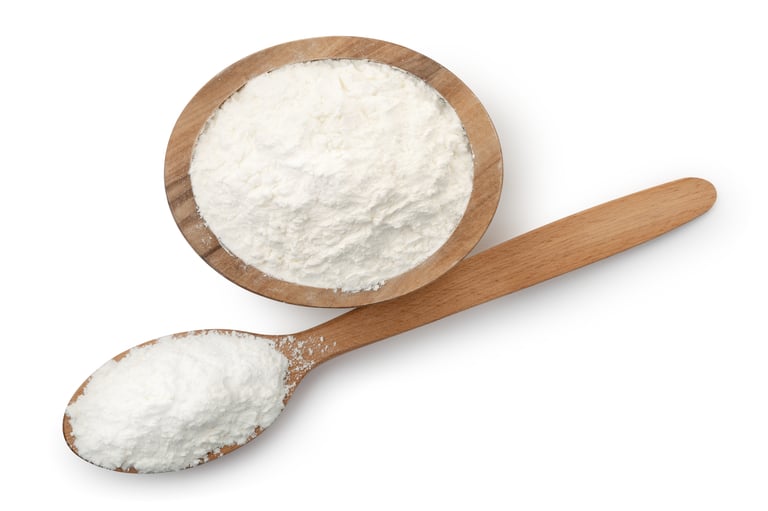
5. Transfer Factor:
Transfer factors are small proteins known as peptides produced by the immune system (Kirkpatrick, 2000). 12,14(Transfer factor plus capsules, n.d.).12 Transfer factors are present in sources such as cow colostrum, egg yolks, and even human breast milk (Diaz-Jouanen, et al., 1974; Krishnaveni, 2013).13, 14 Transfer factors pass immune system information from one host to another, even between different species(Radosevich, et al., 1985). 15 Transfer factors have broad effects on the immune system functioning as immune modulators and educators. They also aid the immune system in responding and remembering health threats (Krishnaveni, 2013).14 There is still a lot to learn about transfer factors, but we do know they support the immune system in amazing ways!
Try some of these immune-boosting ingredients today!
For more information pls contact me through email :
redzonebrain@gmail.com






